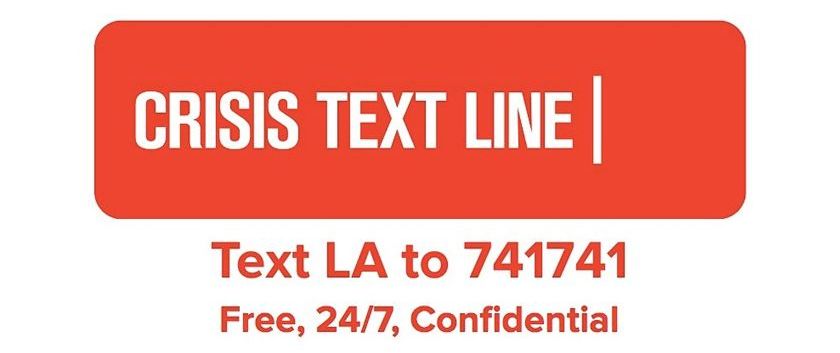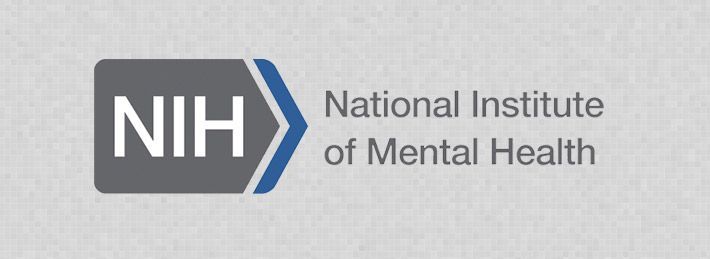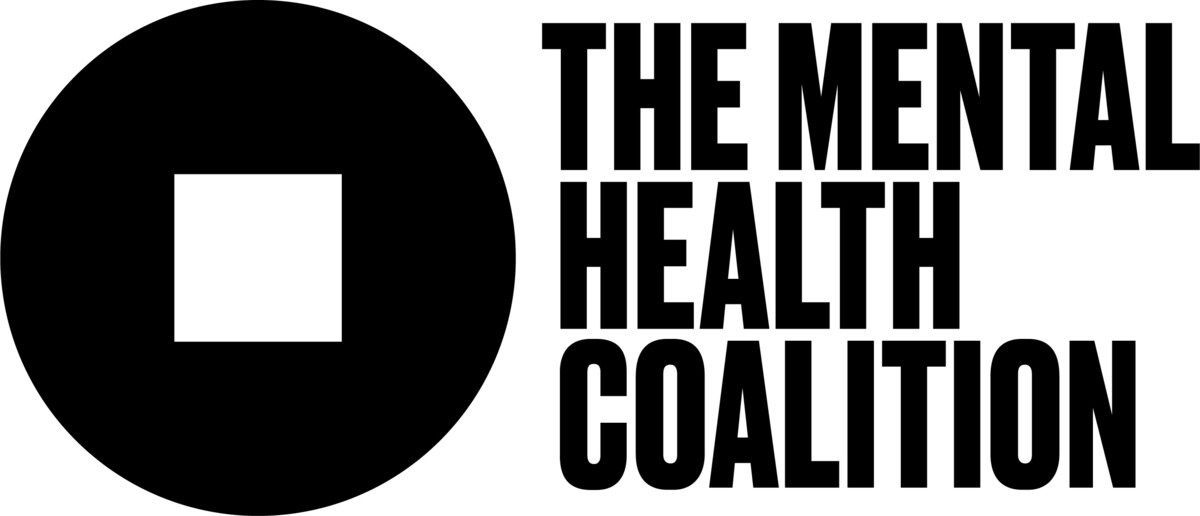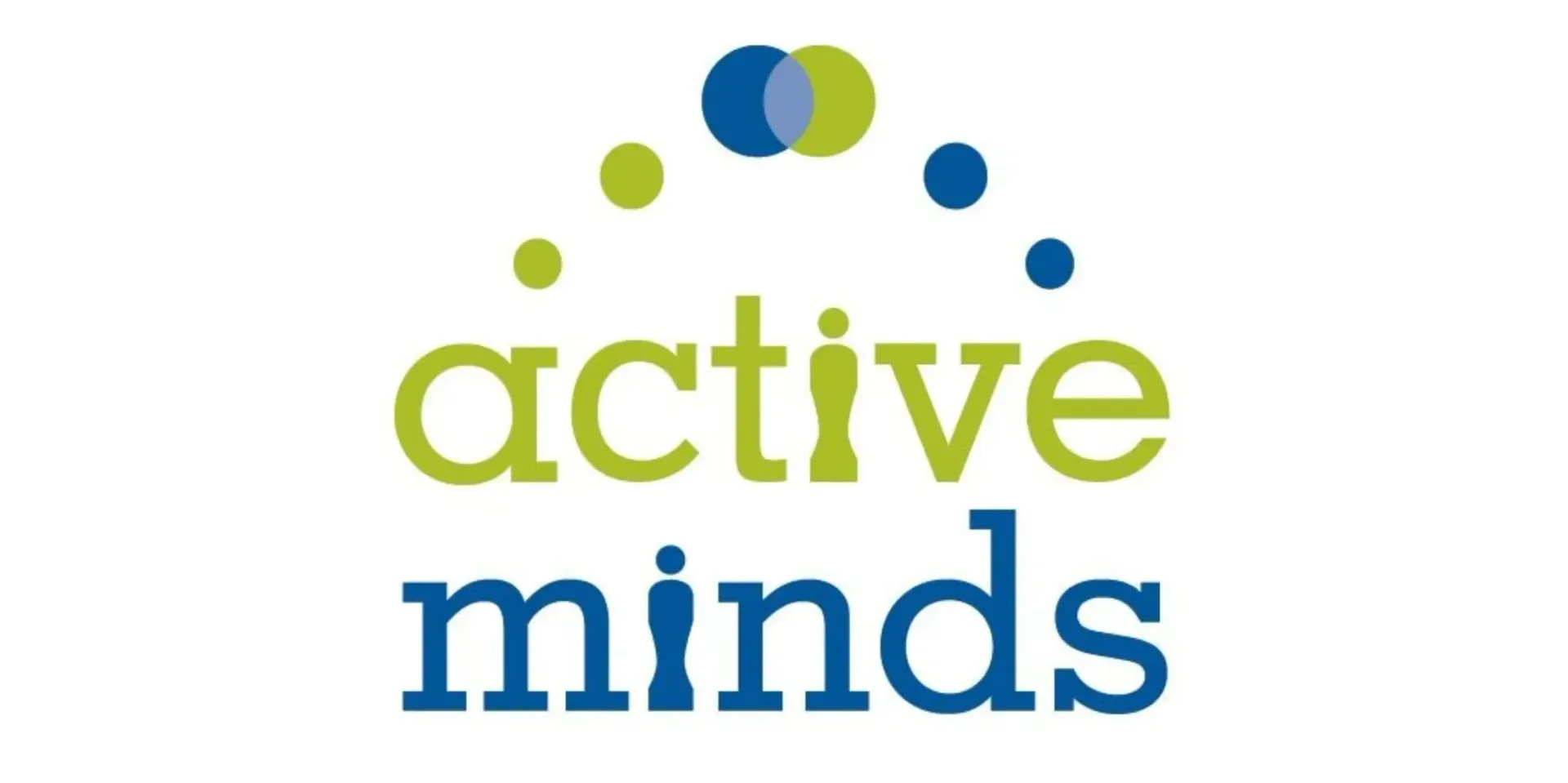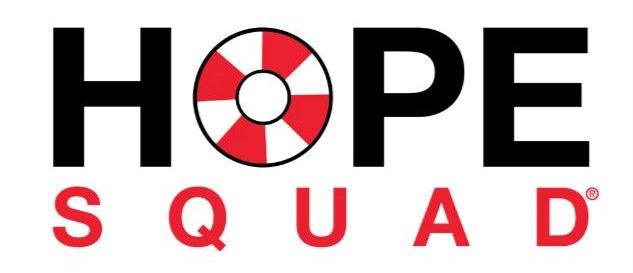The Tools To Succeed
Why Universal Screener?
-Schools have a great opportunity to help identify and support students with mental health needs early through universal mental health screening. By screening students for potential mental health concerns, schools can support long-term development and success. However, schools often face challenges and lack clear guidance on how to set up screening programs.
-Mental health issues among young people are a serious concern in the U.S. It’s estimated that around 13% of youth have mental health disorders, with rates even higher among teenagers—between 20% and 25%. Despite these numbers, many young people don’t receive treatment until 8 to 10 years after their symptoms begin. This delay is caused by barriers like the lack of available care, the cost of services, transportation issues, and the stigma surrounding mental health.
-To address these challenges, comprehensive school mental health systems (CSMHSs) aim to provide all students with social, emotional, and behavioral health support during the school day. Schools are often the main place where students receive mental health services. These systems also focus on identifying students who may be at risk for mental health issues before they develop more serious problems.
-Universal mental health screening is becoming more common in schools as a way to identify students who may need extra support. This type of screening involves assessing all students, even those who don’t show obvious signs of distress, to identify those who could benefit from further support. The goal is to catch problems early, before they become bigger issues.
-Mental health screening can be done through various tools or processes, like standardized surveys filled out by students, parents, or teachers. What method is used often depends on the age of the students and the goals of the screening. For younger students, teachers and parents may fill out surveys about behaviors they've observed, while older students might complete self-assessments about their own well-being and emotional health.
-The goal is to provide schools and districts with practical guidance on how to improve their screening programs gradually, step by step, so that they can better identify and support students' mental health needs. This will help improve early identification and support for students struggling with mental health concerns.
Above referenced scholarly article
Advancing Mental Health Screening in Schools: Innovative, Field-Tested Practices and Observed Trends During a 15-Month Learning Collaborative - PMC
Climbing To Success-Ascend Blog

National Resources
Supporting student mental health is crucial for fostering a positive educational environment. Here are some resources and organizations dedicated to assisting students, educators, and families:
We equip school staff with the training and resources they need to provide evidence-based programming to their students. www.trailstowellness.org
Offers free educational materials, including videos, coloring books, quizzes, and activities tailored for students and educators to promote understanding of mental health. www.nimh.nih.gov
Provides evidence-based practices and strategies to support the mental health and well-being of K-12 students and educators, emphasizing the role of schools in addressing mental health needs. www.schoolsafety.gov
Focuses on protecting emotional health and preventing suicide among young adults, offering resources to help students navigate mental health challenges and transitions. www.jedfoundation.org
Features resources to help college students manage mental health, including self-care tips and guidance on seeking help. https://www.thementalhealthcoalition.org/
A nonprofit organization promoting mental health awareness among young adults through peer-to-peer dialogue and interaction, with over 600 chapters offering programs focused on mental health education. www.activeminds.org
An educational program developed to address mental health and suicide prevention in schools, training students to recognize and respond to mental distress among their peers. https://hopesquads.com
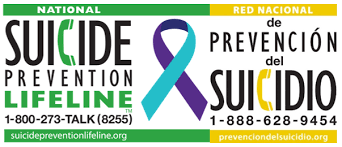
If you or someone you know is experiencing a mental health crisis, immediate help is available
